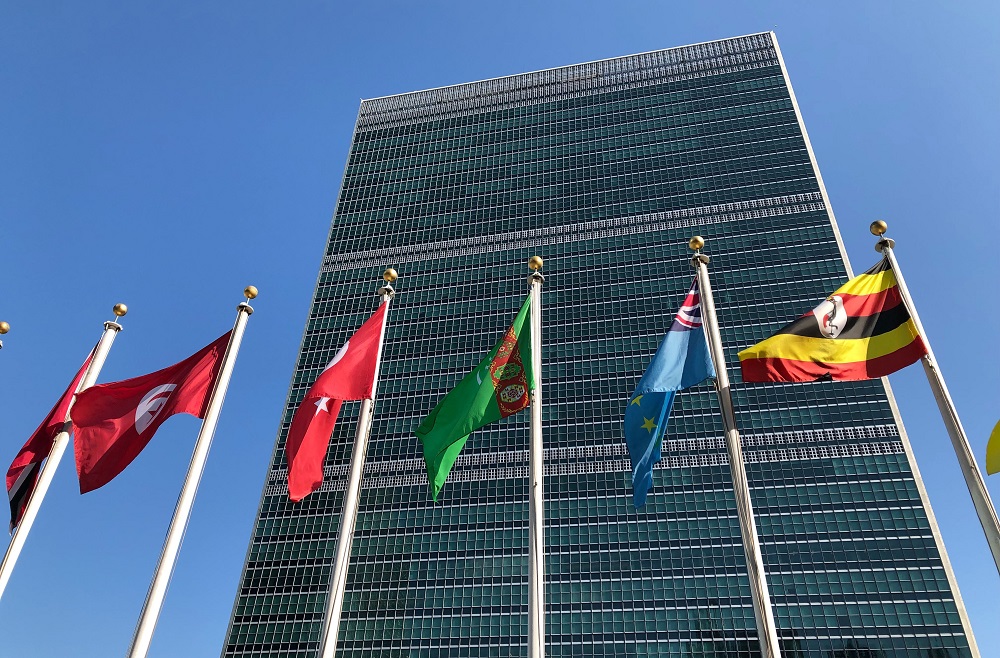Things are not looking good for the UN


Editor's note: The worst budget cash deficit in a decade has put the operations of the United Nations at risk. With only 129 out of the 193 member states having paid their annual dues, the UN called for others to pay "urgently and in full". What will follow the UN financial crisis? Will the UN reform help? Two experts shared their views with China Daily's Pan Yixuan. Excerpts follow:
US a pain for the UN
The once-in-a-decade budget crisis is a result of the UN's lack of binding obligations on member states, a long-standing problem. The worldwide unilateral tide has accelerated the UN's declining influence as the United States in particular, the biggest payer, has been delaying paying its annual dues to press the UN to pass the resolutions it wants.
With the global economy sluggish, the budget deficit has restricted the UN's operations and cost-cutting measures have already been required. But a greater challenge in the foreseeable future is a vicious circle of the UN's declining influence and an increasing number of member states defaulting on their dues.
The agenda for UN reform seems unlikely to make a difference, for which the US bears the main responsibility. On the one hand, Washington has been trying to ensure any UN reforms provide maximum benefits for the US. On the other hand, there are too many difficulties entangled in the agenda of UN reform-some of which are very sensitive-for member states to reach consensuses.
China is a strong supporter of multilateralism and it has called for other countries to fulfill their obligations to support the operations of the UN. The 75th anniversary of the UN's establishment, which falls next year, should be an opportunity for the UN to make progress in reform and improve itself. But the US, which has a major influence on the UN, will hold a presidential election next year, which will bring more uncertainties to the UN's financial issues and mandate.
Chen Xiangyang, executive director and researcher at the Institute of World Political Studies, China Institutes of Contemporary International Relations


































